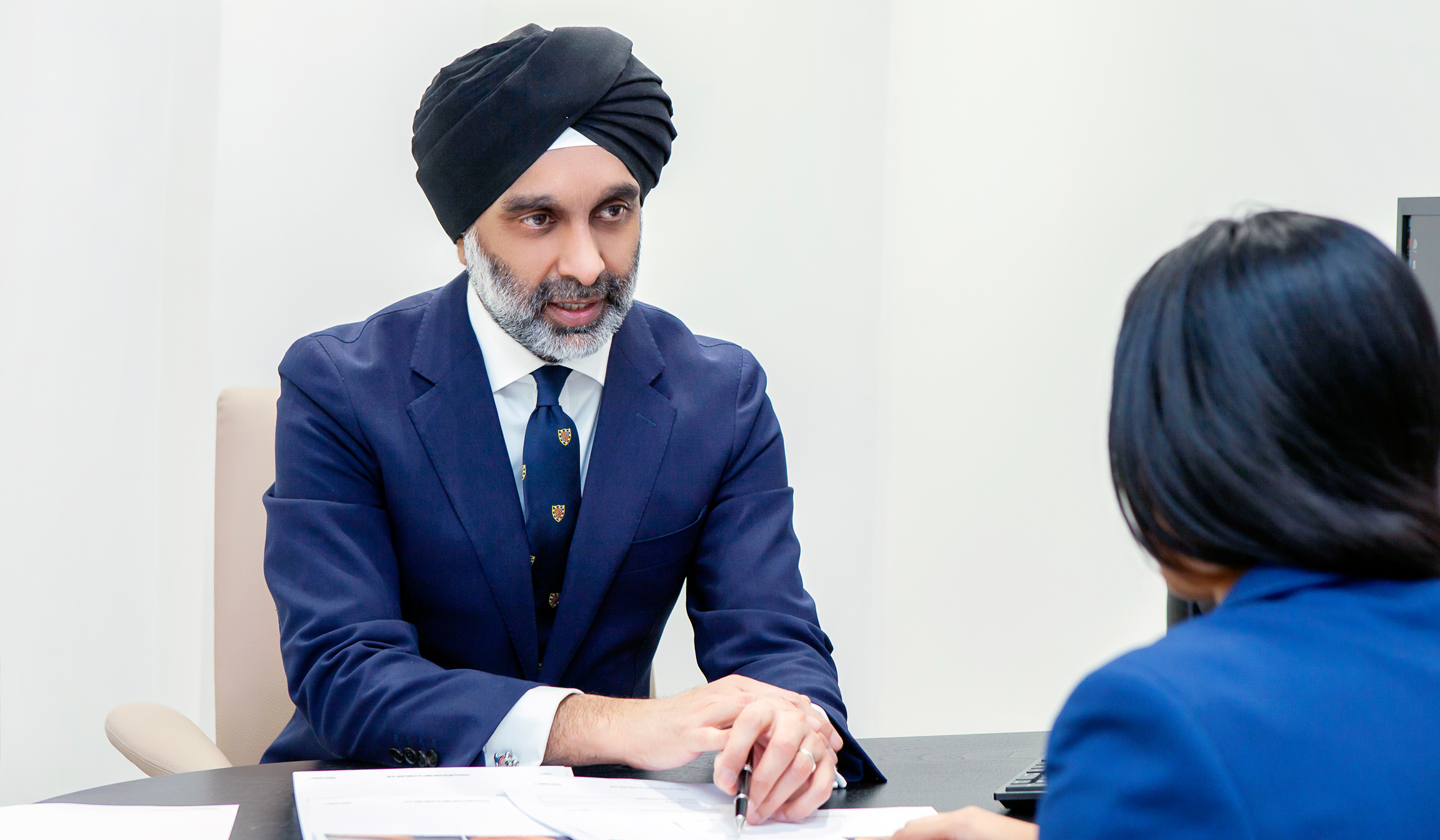
How can I help?
Bowel cancer is the second most common form of cancer, and most cases start as small growths, known as polyps, in the lining in the colon.
Screening has become much more widespread since the introduction of a national programme in 2006. Most 60-70 year-olds will have received an invitation to participate in the programme, which involves sending in a stool sample. If a positive result is detected, patients may be advised to attend an appointment to have a colonoscopy carried out by a GI specialist like Dr Bansi.
Dr Bansi is one of the UK’s leading colonoscopists and able to offer the procedure as part of an advanced bowel cancer screening. It is usually offered to high-risk patients or those wishing to detect and remove early-stage polyps. You may also have a colonoscopy as part of bowel screening if referred by your GP.
Enquire Now
Symptoms to look out for include bleeding from the back passage, a change in bowel habit, weakness and tiredness caused by anaemia and abdominal pain.
If polyps are detected during a colonoscopy, they can usually be removed, and this helps to prevent the condition from becoming more advanced.
Bowel cancer screening is usually targeted at older people; however, if you are worried about bowel cancer or you have family history or symptoms associated with bowel cancer, do not hesitate to organise a consultation with Dr Bansi.

From well-equipped and convenient locations across West and central London, Devinder and his expert team provide unparalleled quality of care for the full range of GIT-related conditions.




How can I help?